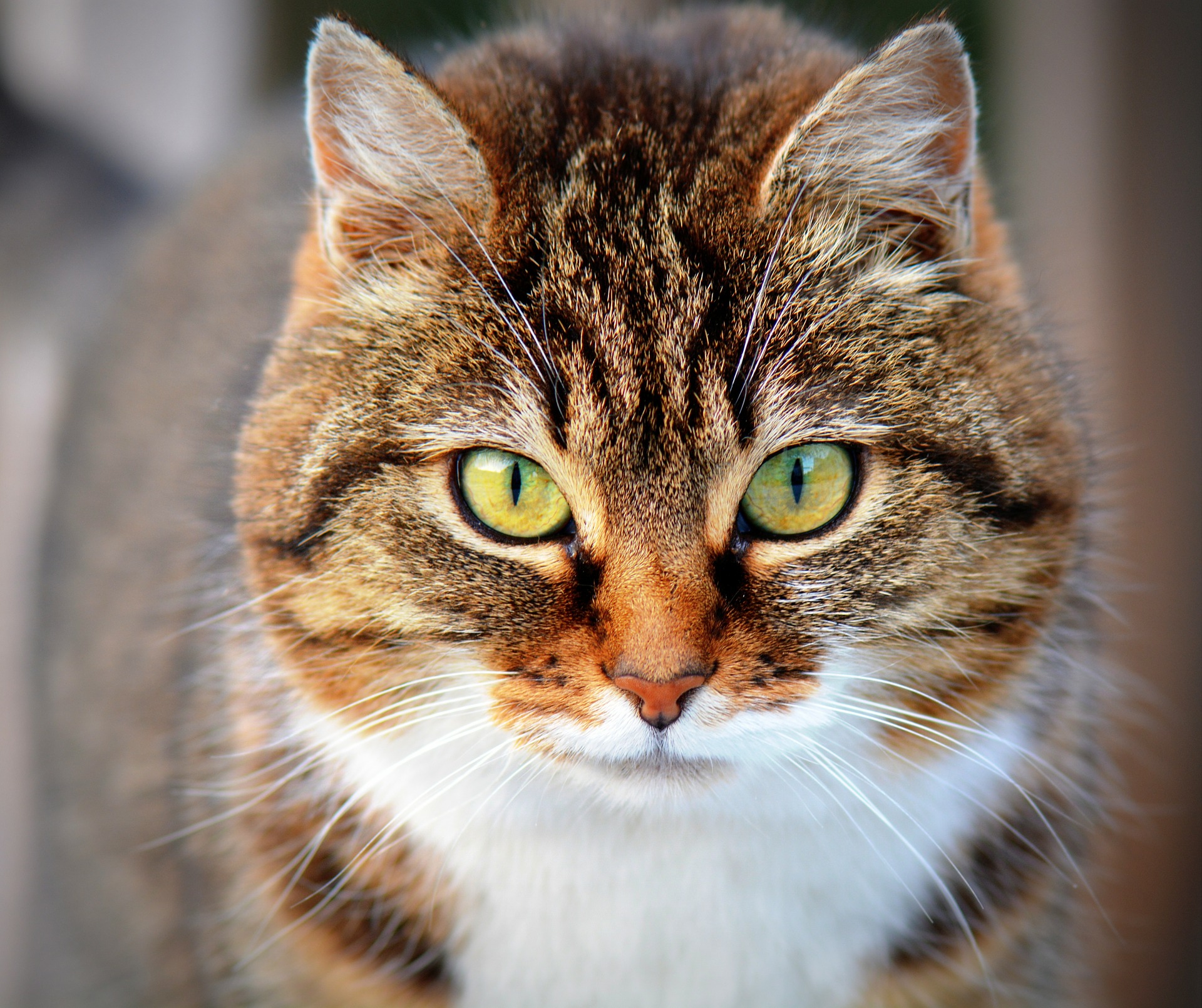To have a rough estimate of how long your cat may live, you should know the average lifespan of an outdoor cat.
If you are looking forward to owning a pet, you might want to consider purchasing a cat. Many say that cats are the key to a happy soul. Feed your cat well and give him close attention, and he will conclude that you are a God. Cats can either be outdoor or indoor.
The average lifespan of an outdoor cat
What is the average lifespan of an outdoor cat? An outdoor cat has an average lifespan ranging from as low as 2 years to 16 years. Cats living in cities and rural areas live for only 3-5 years.
Why Do Outdoor Cats Live Shorter?
Outdoor cats have a shorter lifespan since they are exposed to many threats. They are susceptible to unforeseen accidents and diseases that cause their deaths. Cats living in these poor conditions are always on the verge of contracting hypothermia during winters, getting attacks from animals like wolves and coyotes.
Also, these cats don’t get regular fresh meals and sometimes go hungry for days which can kill them. They have to hunt and find food on their own, which at times the preys are not adequate. At occasions like these, they have to dig into the garbage which puts them at risk of poisoning. Also, they might die of dehydration.
Generally, cats can live for an average of twelve to fourteen years. However, they can either live longer or shorter. It will depend on how well you maintain your cat. Here are a few things you need to know about the lifespan of an outdoor cat.
How Long Do Cats Live
According to an outdoor cat lifespan study, a domestic cat lifespan can be from twelve to fourteen years.
However, depending on some factors, some cats will tend to live off a shorter or a more extended period. Take, for instance, the gender of the cat. Usually, a female cat has a longer lifespan of about to two years longer than a male cat.
Also, the cat’s breed has a take in this. Mixed breeds seem to have a longer lifespan compared to pure cat breeds. Though this lifespan is mainly dependent on natural factors, some other reason may affect the lifespan of a cat.
The environment in which you raise your cat matters a lot. An indoor cat has a longer lifespan in comparison to an outdoor cat. This is due to the many risks the outdoor cats have when living out in the streets.
Also, sterilizing your cat will prolong its lifespan. To summarize, giving your cat a healthy living like proper nutrition and giving it appropriate medication is essential.
Facts About The Average Cat Lifespan
Can I Let My Cat Go Outside?
It is good to let your cat gout from time to time. What you need to do though is to ensure that it has some identification before it leaves. It could be a safety collar with a tag which can probably have your name on it.
Also, you could implant a microchip under the skin on the neck area. You can let your cat access the outside through the backdoor or via a window. Depending on the location you live, you will able to dictate the rules when letting your cat outside. These circumstances include the presence of pests in your surroundings. You do not want your cat to be out in a pest vested place.
Also, in case of potential diseases like flu, do not let your cat out unless it is vaccinated. It is advisable to let your cat during the day and not at night when there is traffic. Also, ensure the place is safe and has no open holes, pools, and ponds to prevent accidents.
Do not let a young cat, newborn to three weeks old, out. Let them remain in the house to get used to his new home. Also, if you feel insure of your at being out alone, you can take it to explore the new environments. If it goes out alone, it is always god to leave one window or door open so it can have access to the house one it is back.
What Is The Life Expectancy Of A House Cat?
Studies show that an indoor cat has a longer lifespan compared to an outdoor cat. This is because of the close attention and care they get. Clean water and fresh food are available for an indoor cat which we can’t say it is the case to outdoor cats.
Also, most of the indoor cats are sterilized, which means keeps them away from reproductive diseases which get them as they age. Also, an indoor cat gets regular vet visits and vaccinations which makes it hard for health complications to get to them. Besides, the fact that indoor cats are protected from external threats will make them live longer.
Additionally, indoor cats need closer attention. Since they don’t walk or take regular exercises on their won, you need to distract them often. Playing around with them and making them take short runs will help to prevent obesity and joint-related issues, which is a great threat to its life. With proper care and close attention, an indoor cat can live for fourteen to twenty years.
This means that the average lifespan of an indoor cat is 16 years.
What will make our cat live longer?
Generally, all a cat needs for a longer life span is keeping them healthy and away from danger. The external environment is in itself a threat to your cat. They become susceptible to diseases, pests, attacks from other animals, and accidents from traffic.
Hence, it is always advisable to keep your cat indoors.
Diet
Also, diet and exercise have a lot of taking in the lifespan of a cat. The healthier the cat, the longer its lifespan. Ensure that your cat takes quality and healthy meals and in the right quantity. Though cats mainly feed on meat, not all meals are healthy. Some contain fillers and additives with minimal nor no health value.
Also, some are healthier, but your cat might be allergic to them. This will help to keep the cat out of conditions like obesity. Water is an essential asset to the health of a cat, especially when your cat is feeding on dry foods. Feeding your cat on too many proteins and carbohydrates is not advisable.
Vet Visit
Regular visits to the vet also play a significant role in the lifespan of a cat. Regular checks help to keep your cat healthy and detect any chronic disease early. Take your cat for vaccinations against the diseases that are known to be problematic. Also, as cats age, they become susceptible to conditions and other diseases like vision issues, cat cancers, and respiratory diseases. A vet will be able to monitor your pet and keep these conditions at bay with your cat.
Exercises
Exercising your cat should not be that hard. It only needs a little playtime. Also, taking your cat for short walks and jogs is essential. Healthy feeding and exercise will keep your cat away from diabetes, breathing issues, heart disease, and arthritis.
Finally, it might seem simple ad like it doesn’t count but showing your pet love, affection, and attention makes it live longer.
Cats want to feel loved.
You can express this by always being there when they come calling and also cuddling and petting it. Also, ensure that your home is peaceful and stress-free. A cat thrives in a quiet environment.

